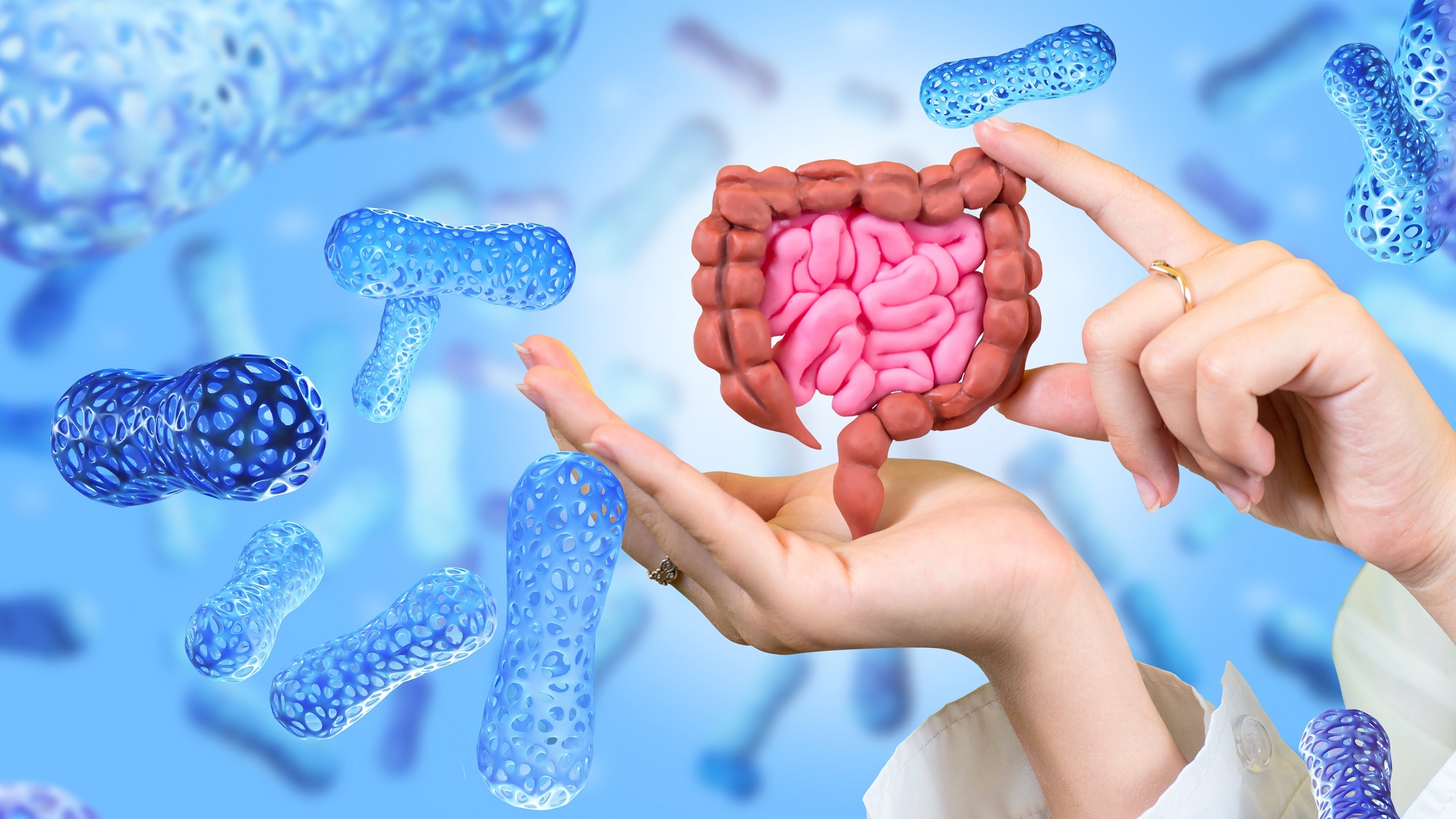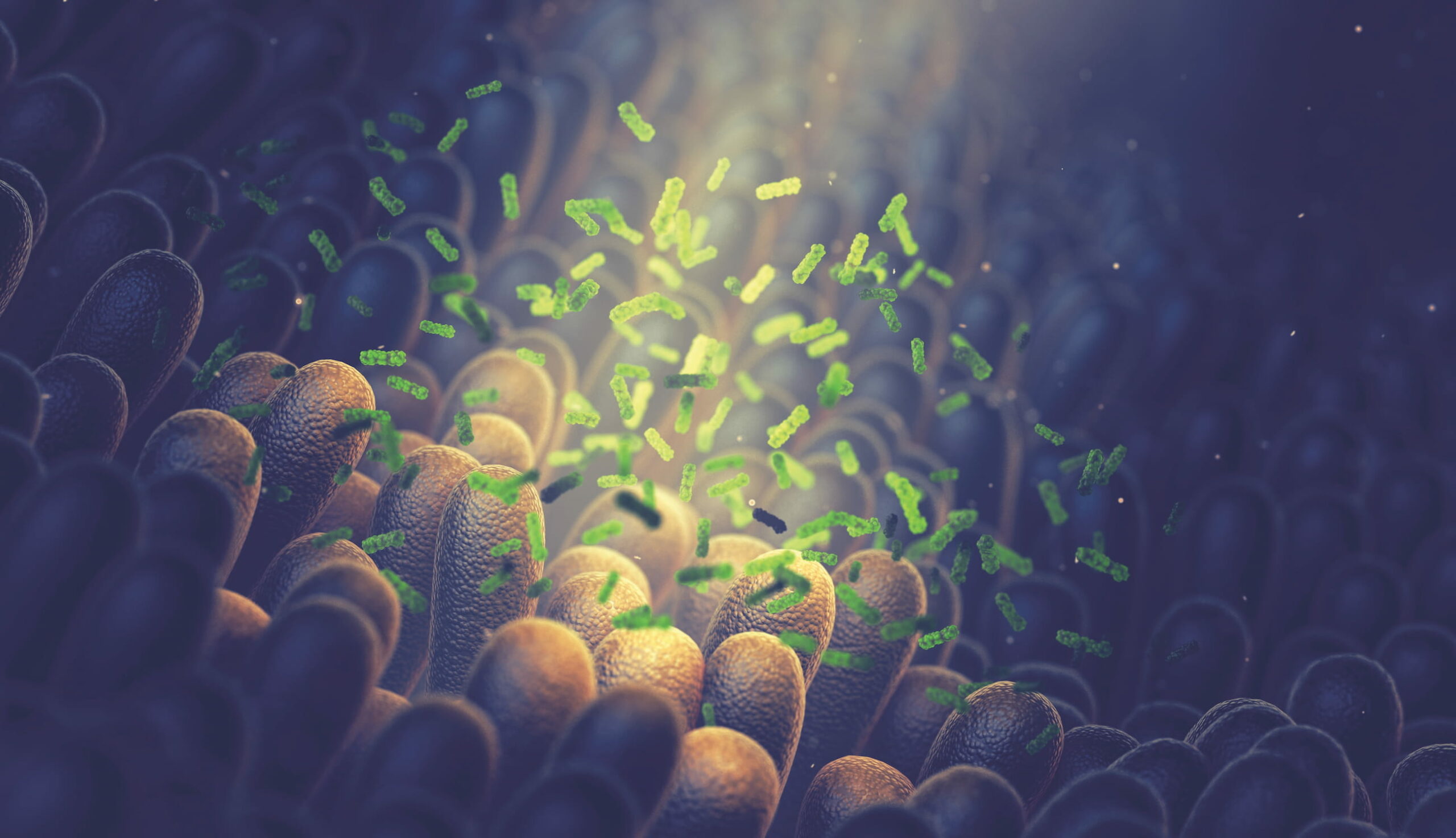COVID-19 vaccines have been instrumental in the fight against the disease. They are highly effective in reducing the severity of symptoms and deaths. However, there’s a problem: protection doesn’t last long, which means multiple vaccinations, and weakened immunity over time. Additionally, the SARS-CoV-2 virus is an elusive beast, with the risk of new subvariants further compromising the ability of vaccinated individuals to fight off the disease.
There’s some good news though: a new study from The Chinese University of Hong Kong (CUHK)’s Faculty of Medicine (CU Medicine) has found that we have a secret weapon in the fight against COVID – and it lives inside many of us. The research, published in the journal Signal Transduction and Targeted Therapy, found that some components of the gut microbiome – the collection of microbes that live inside our bodies, which includes bacteria, viruses and fungi – can supercharge our immune response for up to six months after vaccination, with a particular type of bacteria called Bifidobacterium adolescentis proving most promising.

As Professor Hein Min Tun, Associate Professor of the Jockey Club School of Public Health and Primary Care, who was the lead investigator and one of the senior authors of the study, puts it: “The gut microbiome is smart.”
The study looked at 161 vaccinated people, 121 had received two doses of the mRNA vaccine BNT162b2, aka the BioNTech Comirnaty vaccine, and the other 40 received two doses of the inactivated vaccine CoronaVac. It studied stool and blood samples at the time of vaccination, as well as one month and six months later.

Bifidobacterium adolescentis are not present in everyone’s gut. As their name suggests, they typically become dominant Bifidobacetium species during adolescence but start to decrease in late adulthood. As such, they’re often absent in the microbiome of young children, and 80% of older people lack them; even among adolescents, 30% of people do not have them. They’re also a highly sensitive type of bacterium: they don’t like stomach acids, and they can be absent from the guts of people who’ve taken antibiotics. For people without them, this is clearly a problem, shortening what’s known as their immune memory.
With that in mind, the study set out to find out ways to extend that memory. It turns out that a very effective way to improve long-term vaccine immunity is to change the composition of the gut microbiota with a supplement featuring Bifidobacterium adolescentis. As a result, the team has developed a microbiota-based symbiotic formula containing the bacterium, which had a marked positive effect in the study, with an improved immune response in more than 80% of the patients who received it. The bacterium is supplied in a capsule which protects it from stomach acids.
“Bifidobacterium adolescentis are very difficult to culture, and you cannot get them from food or other sources,” says Professor Tun. “A fibrous diet will help them to propagate, but only if they’re there in the first place. Some of our microbes can become extinct because of our modern lifestyles. Our formula is a way to preserve these kinds of beneficial microbes within our bodies.”

A previous study from the same research team, which also features Professor Siew Ng, the other senior author of the current study, Professor Francis Chan, Professor Lin Zhang and Dr Ye Peng, discovered that Bifidobacterium adolescentis and other bacteria have a major impact on how effective COVID-19 vaccines are; this study confirms that they also affect the durability of immunity.
“Before COVID, there was some evidence suggesting that the microbiome can modulate immune response to vaccines, but it wasn’t conclusive,” says Professor Tun. “A previous study on mice introduced the scientific community to the role that the microbiome can play.” He adds that there are four potential candidates for the mechanism of action by which the bacteria modulate immune response, and it’s likely to come from a combination of those factors.
Now the team is working on ways to make the formula even more effective. “We’re now refining the formula based on a specific strain we isolated, which will make it so much easier for them to colonise the gut,” says Professor Tun. They’re also studying the effectiveness of multiple doses of the formula over time in improving immune responses.
The research potentially also has implications that go well beyond COVID-19. The team is looking into the effect of the microbiome on immune responses to vaccines for other respiratory tract infections. The hope is that one day, the beneficial bugs living inside us will be able to help protect us from a wide range of diseases.










